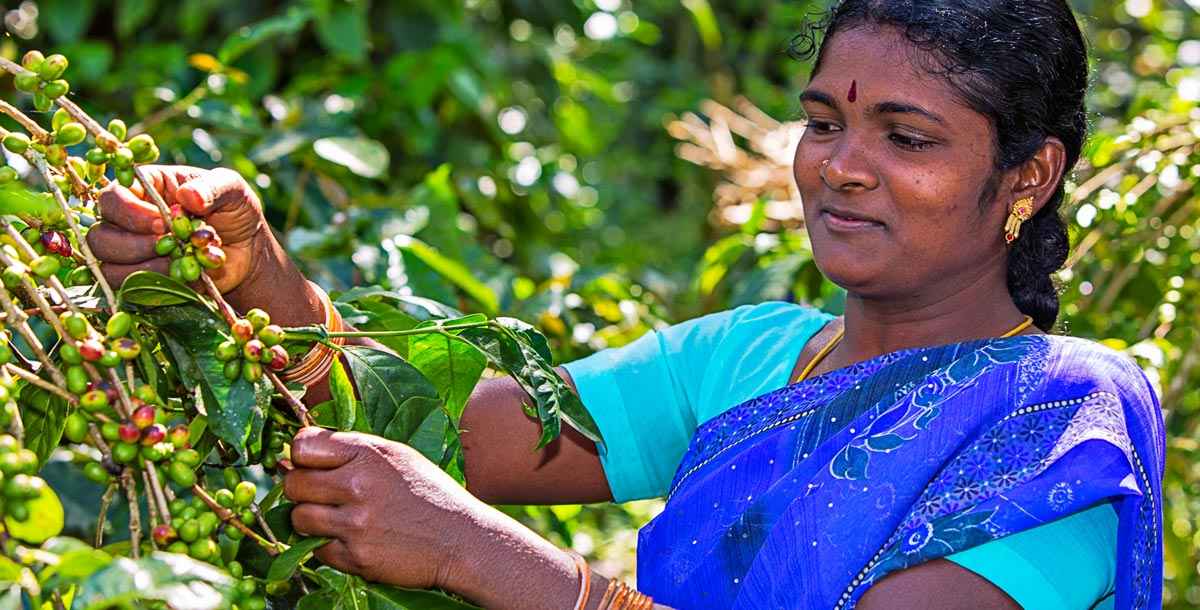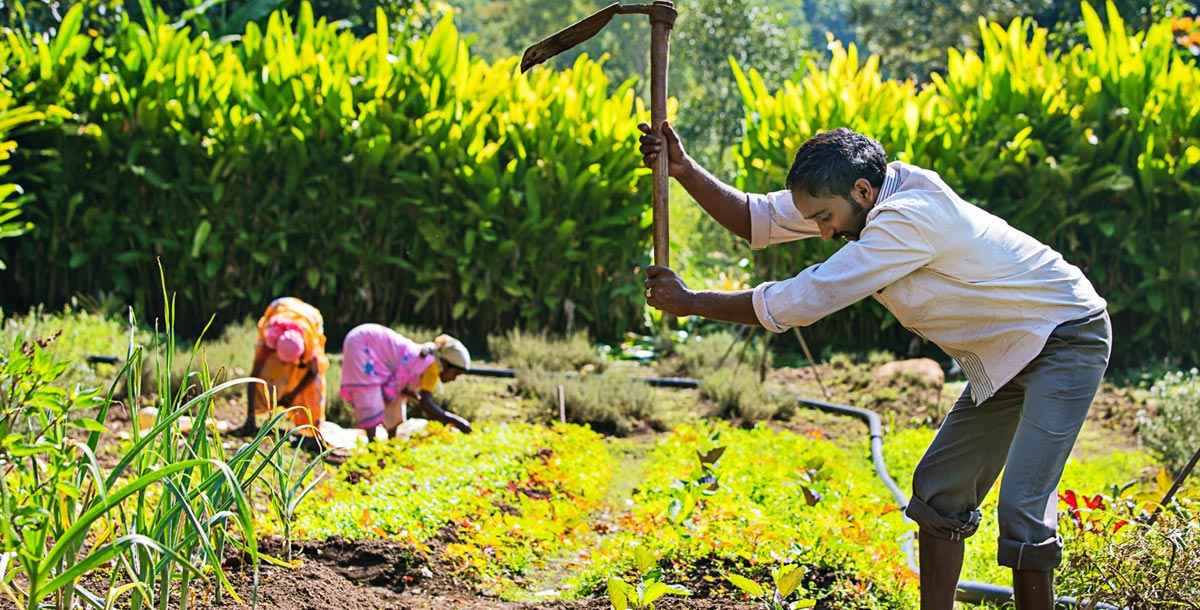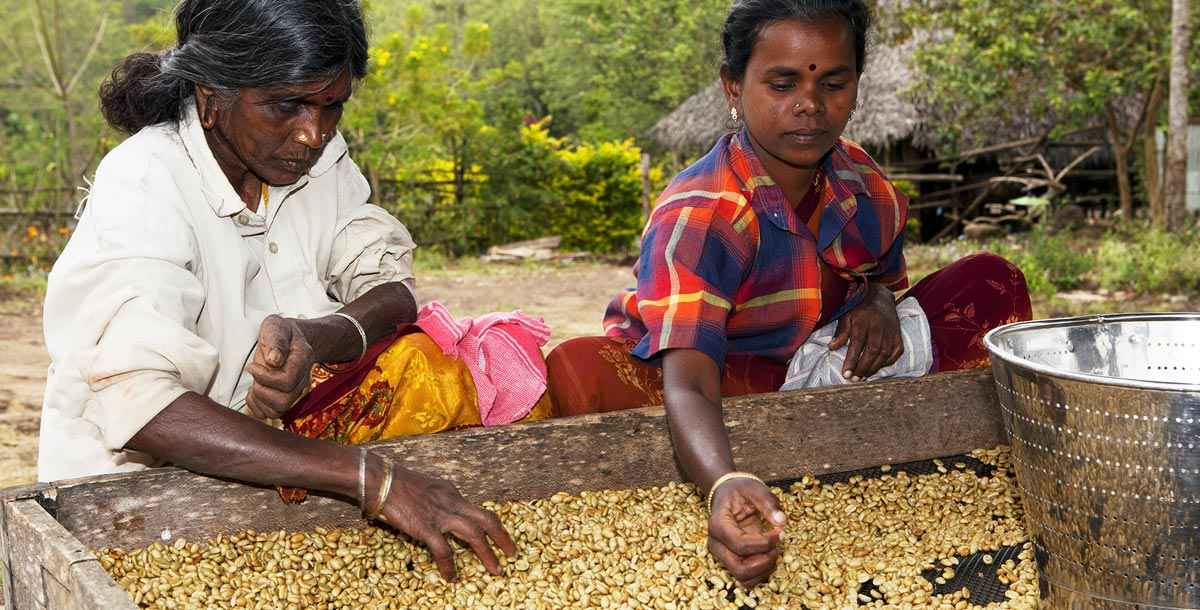Contact Us
International Reservation Office
KODAIKANAL
(+91) 413 26 56 351
(+91) 413 29 12 280
(+91) 413 29 12 288
(+91) 936 44 55 440
(+91) 786 70 04 398
Perumal Malai, Kodaikanal- 624104.
Tamilnadu, South India.
- Dune Eco Group
- Our Hotels
- Elephant Valley
- Coffee
- Monsoon Coffee
Monsoon Coffee Chemical Threats
Indian Coffee:
A Journey from Baba-ud-din to Chemical Coffee
India played a key role in breaking the Mocha coffee monopoly. In 1670 Baba-ud-din an Indian Muslim pilgrim smuggled seven viable coffee seeds out of Mecca and planted them in the mountains near Mysore. When the British arrived they systematically developed coffee in large areas of the Western Ghats using the indigenous forest as shade. Up untill the 1940’s Indian coffees were grown regionally and their quality was widely acknowledge on the world market.
With the introduction of the Coffee Board Pooling System in the 1940's there began a steady decline in quality, and export and quantity became the order of the day.
From the 1960's chemical amendments became widespread and along with it epidemic pest problems. Indian coffee growing today stands at a crossroads– a choice between quantity over quality and chemicals versus a more eco-friendly, sustainable production that will ensure a pollution free watershed.
There is a myth that organically grown coffee compromises on yield. Elephant Valley coffee endeavours to dispel this myth and offers a top class specialty coffee that can compete with the best in the international market. With its unique Jaivik cultivation practices Elephant Valley aims to present a self-sustainable solution to the present malaise in the coffee industry.
Packages
Discover
- 10 Best Spa on Earth
- Best Destination Spa
- Best Luxury Resort
- Best Honeymoon Suite in India
- 10 Must See Places
- 100 Best Beach Hotel
- 5 Best Eco Resort in the World
- 10 Best Places to Eat in India










